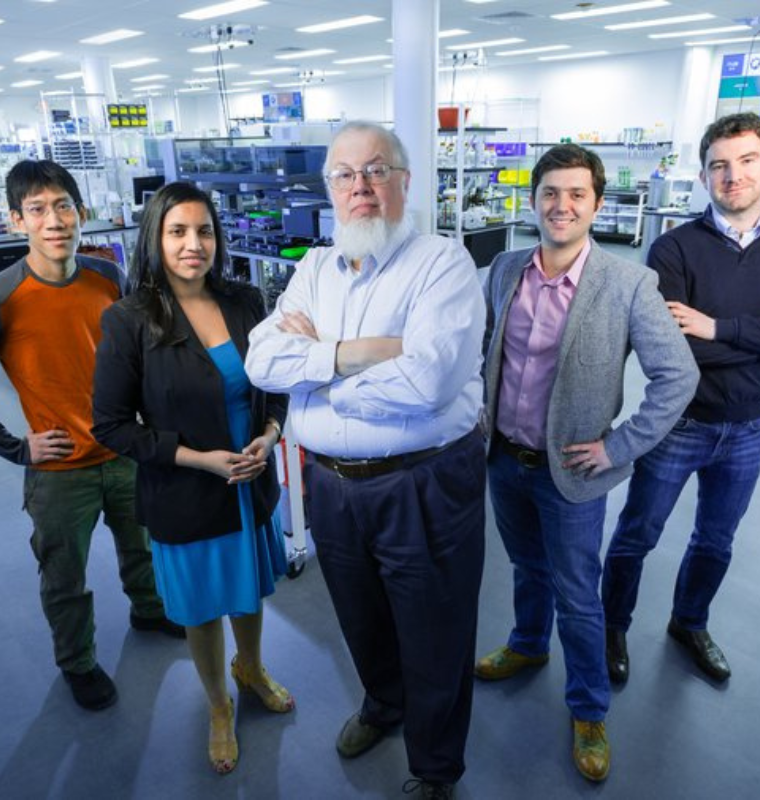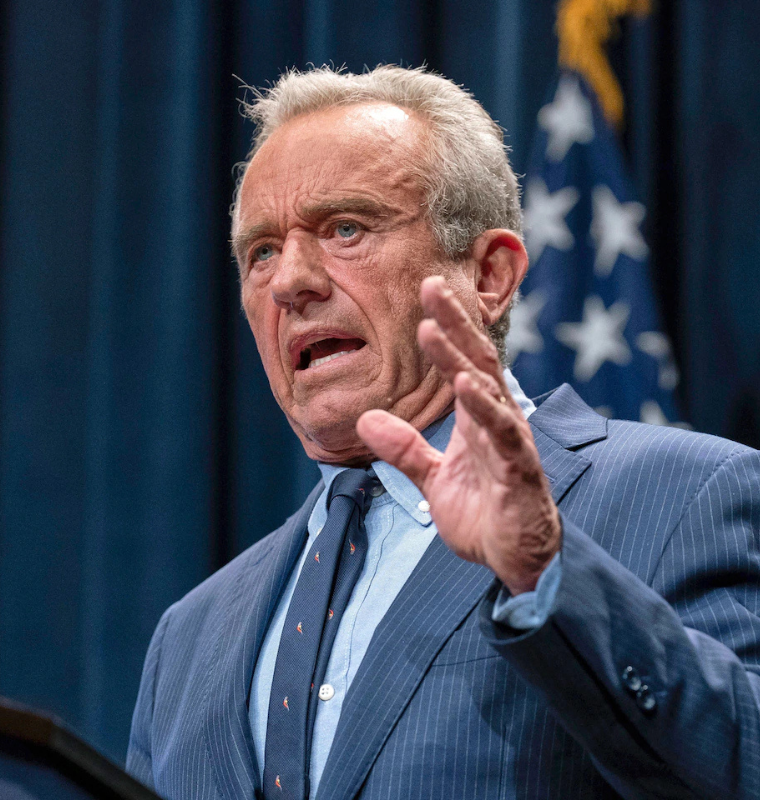European Markets Rally After Trump Postpones 50% Tariff Threat on EU
European Markets Rally After Trump Postpones 50% Tariff Threat on EU
By
Rachel Steinberg
Last updated:
May 27, 2025
First Published:
August 3, 2025

Photo: Ahram Online
European stocks saw a broad-based rally on Monday, buoyed by relief in the markets after former U.S. President Donald Trump announced a delay in the implementation of steep new tariffs on goods imported from the European Union. This unexpected shift eased fears of an immediate trade confrontation and injected optimism into European equities.
Market Overview: European Stocks Surge
The pan-European Stoxx 600 index closed 1% higher, with every major sector posting gains. France’s CAC 40 climbed 1.2%, while Germany’s DAX led the way with a 1.6% increase. U.K. markets remained closed due to a public holiday, but the rest of the continent was firmly in the green.
Auto Sector Leads the Rebound
One of the most significant beneficiaries of the tariff delay was the European automotive sector. After falling 3% in the previous session, auto stocks rebounded 1.7% on Monday. The sector is highly exposed to U.S. trade policies, as cars and heavy machinery are among the EU’s largest exports to the United States.
German automakers posted solid gains:
- BMW rose 2%
- Mercedes-Benz climbed 2%
- Volkswagen surged 2.6%
This sector-wide uplift was largely driven by reduced immediate pressure from U.S. trade policy and the prospect of renewed diplomatic negotiations.
Zealand Pharma Rockets 10% on Analyst Endorsement
Biotech firm Zealand Pharma emerged as the top performer on the Stoxx 600, with its shares jumping 10%. The spike followed an updated research note from Cantor Fitzgerald, which reiterated its overweight rating on the stock.
Analyst Prakhar Agrawal cited the company’s strong pipeline, including petrelintide and amylin analogs for obesity treatment, as key drivers for future growth. Agrawal emphasized that Zealand is “trading at a meaningful valuation discount relative to its upcoming clinical milestones.”
Tariff Drama: Trump Backs Down—For Now
The market’s relief was triggered by a weekend development in what had been escalating tensions. On Friday, Trump took to his Truth Social platform to announce a planned 50% tariff on EU goods, originally set to go into effect June 1. He criticized the EU as “very difficult to deal with” and described trade talks as stalled.
However, by Sunday, Trump reversed course after a phone conversation with European Commission President Ursula von der Leyen, agreeing to postpone the tariffs until July 9. Von der Leyen later wrote on X (formerly Twitter) that the EU remains “ready to advance talks swiftly and decisively.”
Global Market Reaction: Asia Mixed, U.S. Closed
Asian markets opened to a mixed start, with Japan and South Korea posting modest gains, while Chinese and Hong Kong-listed shares declined amid ongoing concerns about domestic economic growth and regulatory oversight.
In the U.S., markets were closed on Monday for Memorial Day. However, on Friday, Wall Street ended in the red, reacting negatively to Trump’s initial tariff announcement. The tech sector, particularly Apple, also took a hit after Trump hinted at possible new levies on major American firms with significant overseas exposure.
Cautious Optimism Returns to Europe
While the delay in U.S. tariffs offered European investors a temporary reprieve, markets remain sensitive to political developments and trade rhetoric. The next key date will be July 9, and much depends on whether U.S.-EU trade talks make substantial progress before then. For now, however, the European markets are enjoying a renewed wave of confidence—led by autos, pharma, and a cautious hope that diplomacy may win the day.
Popular articles
Subscribe to unlock premium content
Gourmet Gold: Micro-Venture Funds and Europe’s Artisan Food Revolution

Artificial Elegance in Fashion

Ferrari’s Craft of Desire

Gourmet Gold: Micro-Venture Funds and Europe’s Artisan Food Revolution

Artificial Elegance in Fashion

Gourmet Gold: Micro-Venture Funds and Europe’s Artisan Food Revolution









